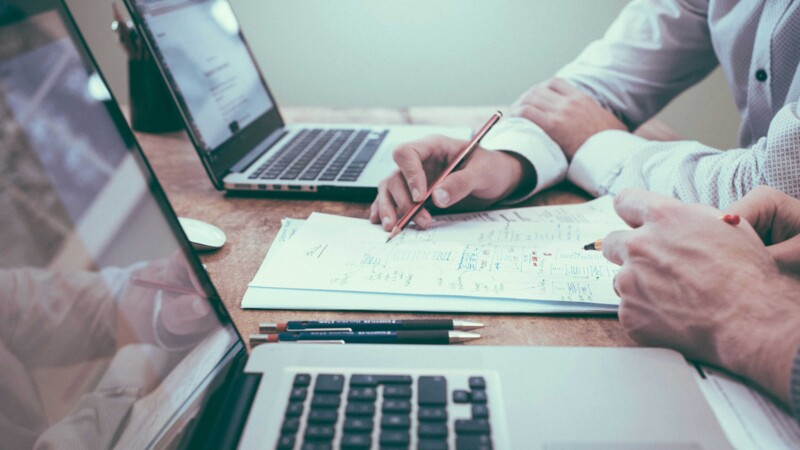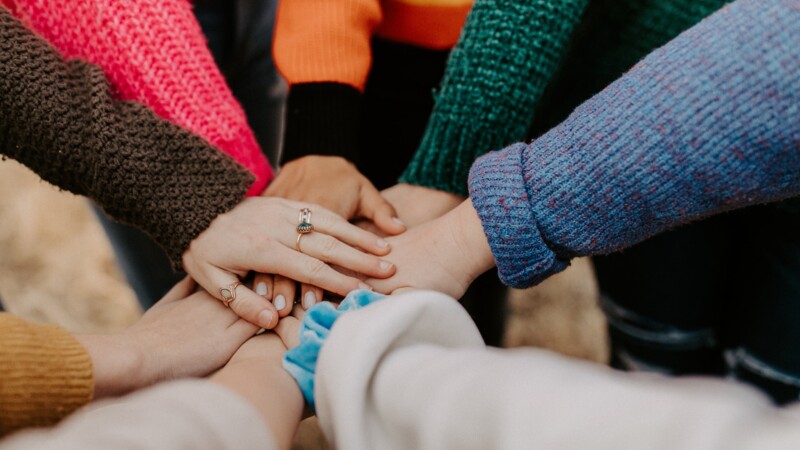On average, women earned €16.33 euro gross in 2006 over €20.47 for men - a pay gap of 20 per cent and increased to 24 per cent by 2012. Since then, the unadjusted gender pay gap has improved steadily, but stagnated at 21 per cent between 2016 and 2021 and has since dropped to 18 per cent. The adjusted gender pay gap, which measures the pay gap for comparable qualifications, occupation and employment history, came to 7 per cent in Hamburg and 6 per cent across Germany in 2023. Last year, women earned an average of €20.84 gross, while men earned €25.30.
The gender pay gap in Hamburg came to 18 per cent in 2023 and remained on the same level of the last three years, according to Statistikamt Nord on Wednesday (August 21, 2024). Women earned an average of €23.03 gross per hour in 2023 (2022: €22.19), while men earned €27.98 (2022: €27.15). Although this indicates progress between 2006 and 2023, full equal pay has yet to be achieved.
Gender pay gap continues to close
Hamburg striving for equal opportunities
Although the gender gap has narrowed somewhat, structural differences are still leading to a pay gap. Women are more likely to work in lower-paid sectors such as health and social services and in work part-time jobs. As a result, a number of initiatives have been launched across Hamburg to boost equal opportunities, focusing on financial aspects and especially women’s visibility. These include schemes and competitions such as the Female Start Aperitivo or the Digital Media Woman Quartier. The German Concert and Event Industry Association (BDKV) recently announced the launch of the BDKV-Female Voice network for women.
fw/mm/pb
Sources and further information
More
Similar articles

Inleap Photonics wins Female StartAperitivo 2024

More women in management amid takeovers

